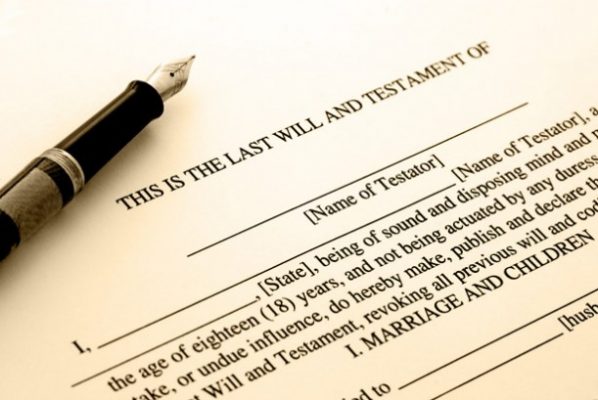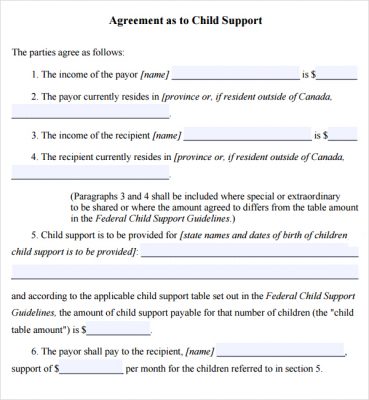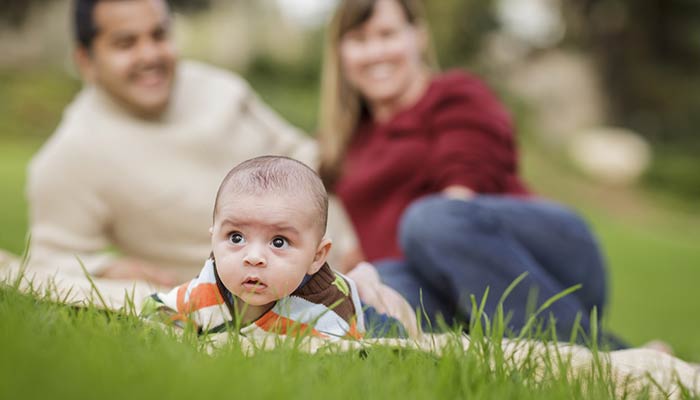A will disposes of one’s property at death. Therefore, a will has no effect until death, except in highly limited and unusual cases. A mentally competent testator can change his or her will at any time. However, significant assets of the testator may not be affected by the will. Normally, benefits go directly to the named beneficiary. Most times, a will does not affect assets already in trust, or property held as joint beneficiaries.
Unless there is a will, Inheritance Act in the UK, when an adult person with assets, such as property, money, and possessions, dies without a valid Will they are said to have died Intestate. In these circumstances, the Rules of Intestacy will apply and these rules determine who will administer, and who will benefit from, the deceased’s Estate. The law of descent and distribution refers to the body of law (statutory and case law) that determines who is entitled to the property from the estate under the rules of inheritance. Usually, a will concentrates property among chosen relatives, friends or charities. The Rules of Intestacy make no provision for unmarried and unregistered partners.
If the deceased’s children are not legally adults, the probate court supervises the use of assets going to these children (except in limited circumstances). The court requires individual, written receipts for the use of these funds. For large expenses (e.g. purchase of a car or payment of a non-routine medical cost), there must be prior court approval. The Rules of Intestacy only recognise natural and adopted children for the purpose of inheritance; they do not acknowledge step children. However, in many cases step children can often have a valid probate legal claim.
When someone dies with no will or known family, their property passes to the Crown as ownerless property (or ‘bona vacantia’). It can be any kind of property, like buildings, money or personal possessions. You could be entitled to a share of a deceased relative’s property (‘estate’) if you’re a relative.
Evidence you need
You’ll be asked to send a family tree showing your relationship and 2 pieces of identification:
- one showing your name
- one showing your name and address, dated within the last 3 months
- You might also be asked to send birth, death or marriage certificates.
A grant of probate is a legal document that authorises an executor (or executors) to manage the estate of a deceased person in accordance with the provisions of the deceased’s will. To know about us please visit Probate Legal page or Call us 24 hours a day on 0845 218 0232.









